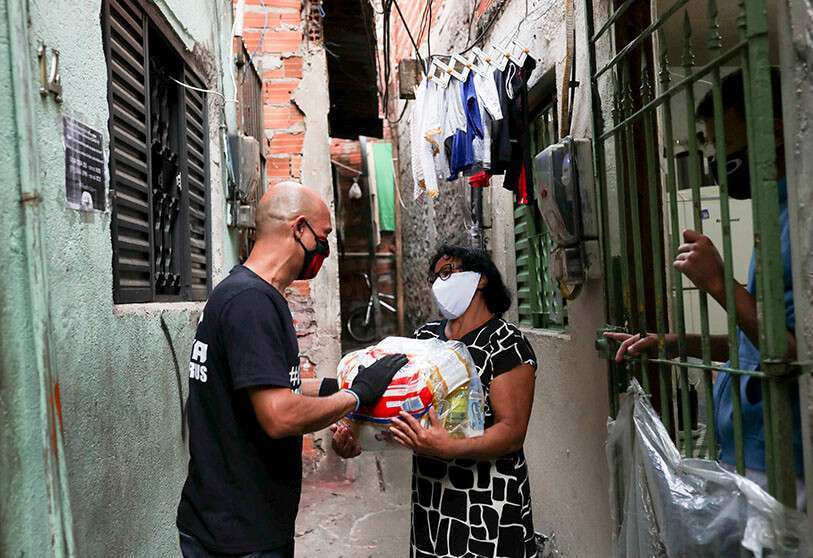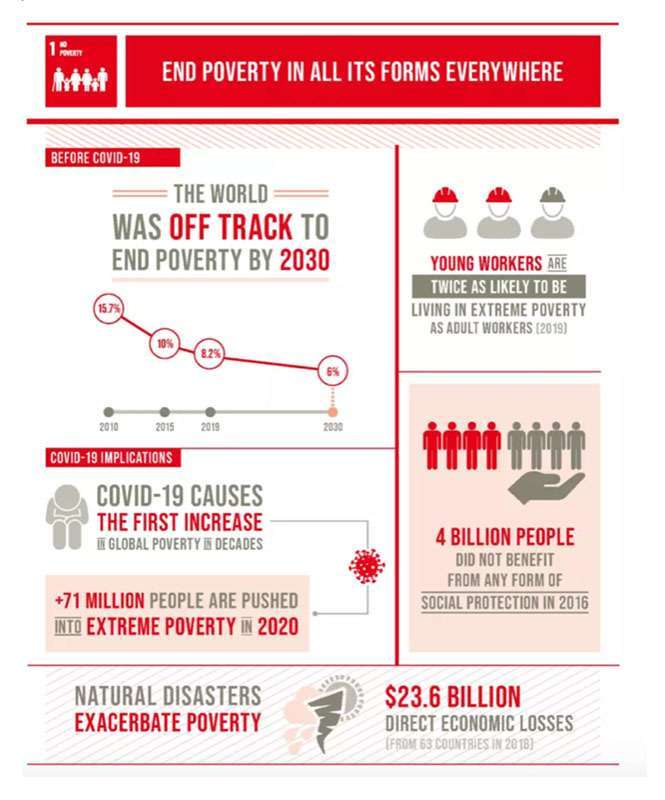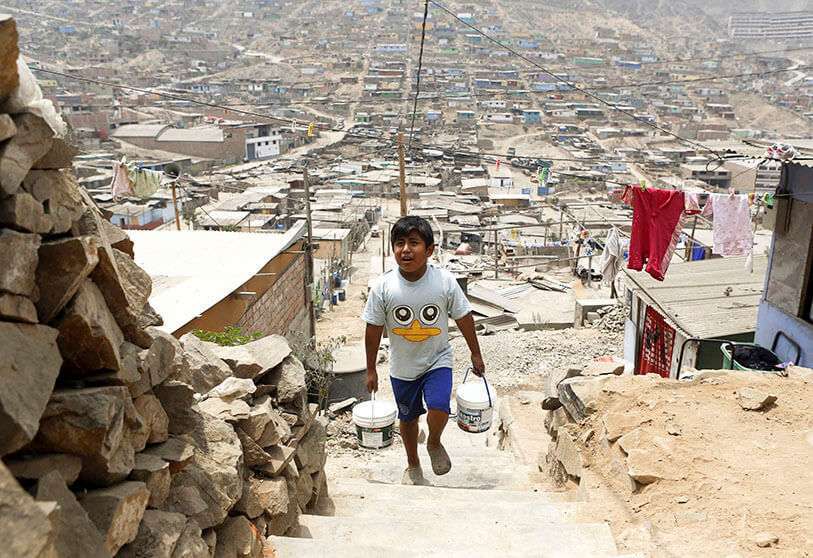What are the challenges in making economies more sustainable?

There is no doubt that human life has improved greatly in recent decades. For most of human history, life expectancy at birth was about 20-30 years, but we have made incredible progress since 1950. About 1.1 billion people have been lifted out of extreme poverty since 1990, and income inequality has tended to decline in many countries. Globalization and digitization have led to greater access to health care, education and job opportunities worldwide.
Despite these advances, poverty, hunger and huge disparities persist. As the founder and CEO of the World Economic Forum, Klaus Schwab, explained in the World Social Mobility Index 2020: "Inequality is increasing even in countries that have experienced rapid growth. The social and economic consequences of inequality are profound and far-reaching: a growing sense of injustice, precariousness, a perceived loss of identity and dignity, a weakening of the social fabric, an erosion of trust in institutions, disenchantment with political processes and an erosion of the social contract.

No matter how far we have come, humanity's achievements are unjust - and simply unsustainable - if people lack the capacity to move out of poverty and realize their full potential.
Now, COVID-19 has widened the gap. As the United Nations' 2020 Progress Report explains, "the importance of strong social protection systems to safeguard the poor and vulnerable is becoming increasingly clear". "It is hitting the most vulnerable hardest, and these same groups often face the most discrimination," the report said. "The wider effects of the pandemic are likely to have a particularly detrimental impact on the poorest countries. If a global recession leads to reduced resource flows for development, that impact will be even more severe.
With the Great Adjustment, the world has an opportunity to address inequality with "long-awaited reforms that promote more equitable outcomes" and "build on the innovations of the Fourth Industrial Revolution to support the public good, especially by addressing health and social challenges," Schwab explained.
- SDG 1: No to poverty. By 2030, eliminate extreme poverty and reduce the number of people living in poverty in all its dimensions This requires implementing social protection measures, ensuring equal access to economic resources and services, and building the resilience of the poor and vulnerable, especially in the face of climate change.
- SDG 2: Zero Hunger. By 2030, end hunger and malnutrition and ensure access to safe, nutritious and sufficient food. This requires ensuring sustainable food production systems and resilient agricultural practices, maintaining animal and crop genetic diversity, and correcting and preventing trade restrictions and distortions in world agricultural markets, among other measures.
- SDG 8: Decent work and economic growth. The goals include full and productive employment for all men and women, maintenance of per capita economic growth and the achievement of higher levels of economic productivity, with particular attention to high value-added and labour-intensive sectors. Additional objectives focus on job creation, entrepreneurship, protection of labour rights and ending practices such as forced labour, modern slavery and trafficking
- SDG 10: Reduction of Inequalities. By 2030, this goal aims to progressively achieve and sustain income growth for the lowest 40% of the population at a rate higher than the national average. Reducing inequalities also requires ensuring social, economic and political inclusion and equal opportunities for all, as well as the adoption of policies and regulations that promote equality and better supervision of global financial markets and institutions. Other objectives focus on LDCs and migrants.
ome progress has been made in recent years, such as real income growth for the poorest 40 percent of the population in 73 countries, including growth above the national average in about half of them. But progress has been mostly slow, especially on poverty, according to the United Nations' 2020 Progress Report, and in the case of hunger, the course has been reversed. Now, with a global pandemic and economic crisis, we can expect to lose progress on many of these goals.

The proportion of people living in extreme poverty fell from 15.7 per cent in 2010 to around 8.2 per cent in 2019. But even before the pandemic and the economic crisis, 6 per cent were still projected to live in extreme poverty in 2030, falling short of the target. Similarly, workers living in extreme poverty declined from 14.3 per cent in 2010 to 7.1 per cent in 2019. But in 2019, global unemployment was 5 per cent, and as high as 11 per cent in North Africa and Western Asia. For women and young workers, the rates were higher.
Progress on hunger is discouraging, as the number of hungry people has increased from 60 million in 2014 to 690 million in 2019. And ensuring access to food does not necessarily mean that people have access to sufficient nutritious food; 750 million people continue to face "severe food insecurity," the progress report continues, with the situation worsening in sub-Saharan Africa and Latin America. Hunger has widespread repercussions, leading to increased risk of poor cognitive development, common infections, wasting and child deaths.

The impact of COVID-19 is expected to be severe. The poverty rate is expected to reach 8.8 percent, the first increase since 1998. As a result of the pandemic, 71 million more people will live in extreme poverty, while 132 million are at risk of food insecurity. Up to 42 percent of jobs may not return. Meanwhile, the incomes of informal sector workers - which include many essential workers such as waste pickers, domestic caregivers and agricultural workers - fell by 60 per cent during the first month of the crisis, and by as much as 81 per cent.









